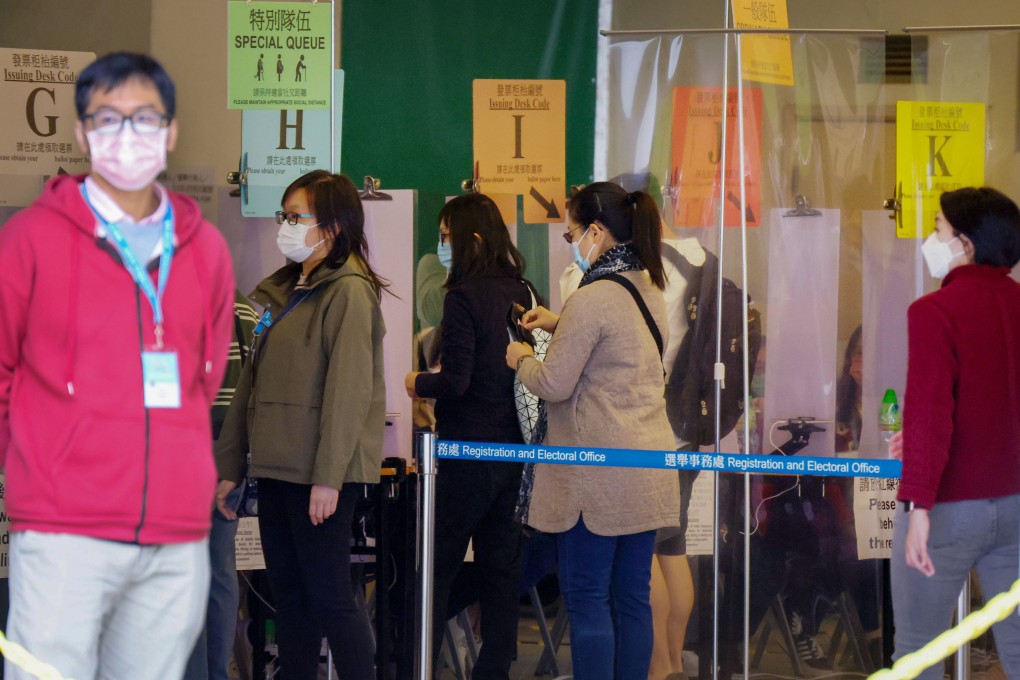Advertisement
Analysis | Hong Kong elections: Beijing might have liked a higher turnout in Legislative Council poll, but overhaul ‘not about getting people out to vote’
- Beijing will brush aside low turnout, focus on new lawmakers’ diversity and ability to get Legco to work
- With main opposition parties shunning polls, analysts say Beijing would have liked a stronger turnout
Reading Time:3 minutes
Why you can trust SCMP
16

Hours before polling stations across Hong Kong closed at 10.30pm on Sunday, it was a foregone conclusion that voter turnout for the Legislative Council election might sink to a record low since the city returned to Chinese rule in 1997.
The overall turnout was 30.2 per cent, the lowest since direct elections were introduced in 1991.
Top officials and pro-establishment heavyweights spent recent days managing expectations, playing down the significance of voter turnout for the first poll since Beijing overhauled the city’s electoral system to ensure only “patriots” ran Hong Kong.
Advertisement
They also said it would be pointless to compare the turnout with previous elections because so much had changed.
With the revamp, voters in geographical constituencies across Hong Kong had to pick only a minority of lawmakers.
Advertisement
Advertisement
Select Voice
Select Speed
1.00x
